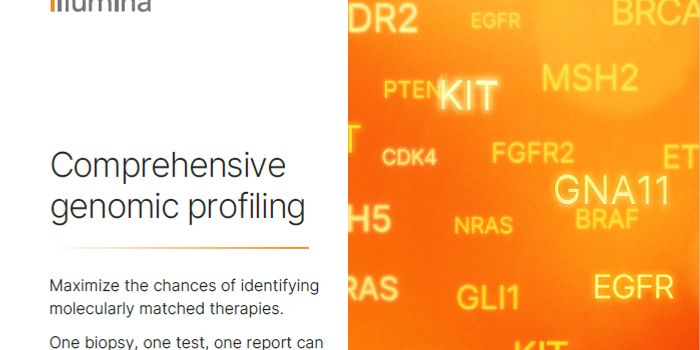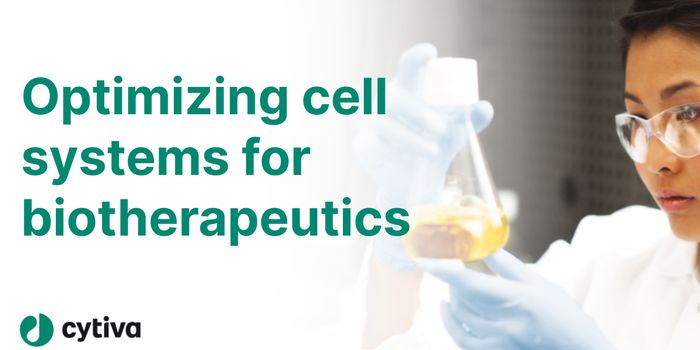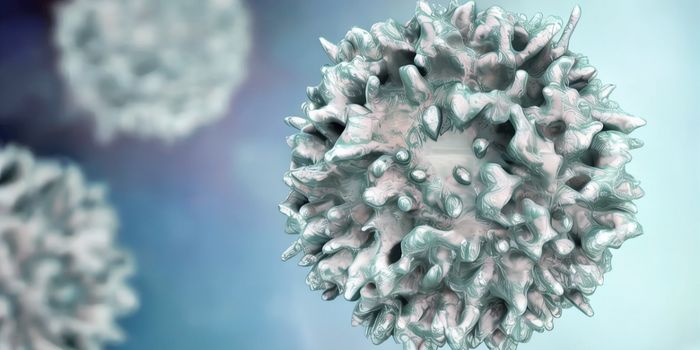New Recommendations for HPV Vaccinations
A new clinical practice guideline has been issued by The American Society of Clinical Oncology (ASCO) for human papillomavirus (HPV) vaccination, expressly to help prevent the development of cervical cancer. For the first time, a guidance has been given to healthcare professionals around the world, specifically to stop cervical cancer, with tailoring for various socio-economic levels and different structural resource settings, with advice rooted in evidence.
Four different types of resource infrastructures have each gotten specific recommendations - basic, limited, enhanced and maximal. The various levels have taken several factors into account, including the financial resources that are available to a country or region, and the state of the health care system, taking personnel, infrastructure and access to services into account. These guidelines work with ASCO's two other worldwide, resource-specific guidelines on cervical cancer, which are also tailored to the four different levels of resources.
Less developed parts of the world suffer disproportionate negative effects from cervical cancer, which is the fourth most common cancer that afflicts women around the world. However, 85% of cervical cancer diagnoses and 87% of cervical cancer deaths happen in the less developed parts of the world, which includes parts of Africa and Latin America. One major reason why the impact there is so much worse, the women there have little access to quality screening for the easily preventable disease (it's estimated that only 5 percent of women in the developing world have access to screening).
The new recommendations, published in the Journal of Global Oncology, are as follows:
In all environments and independent of the resource settings, two doses of human papillomavirus vaccine are recommended for girls ages 9 to 14 years, with an interval of at least 6 months and up to 12 to 15 months between doses. Girls who are HIV positive should receive three doses.
For maximal and enhanced resource settings:
If girls are 15 years or older and have received their first dose before age 15, they may complete the two-dose series;
If they have not received the first dose before age 15, they should receive three doses;
In both scenarios vaccination may be given through age 26 years.
For limited and basic resource settings: if sufficient resources remain after vaccinating girls 9 to 14 years, girls who received one dose may receive additional doses between ages 15 and 26 years.
Regarding the vaccination of boys, in all settings, boys may be vaccinated, if there is at least a 50% coverage in priority female target population, sufficient resources, and such vaccination is cost effective.
"Because resource availability varies widely, both among and within countries, we need to adjust strategies to improve access to HPV vaccination everywhere," said Silvia de Sanjosé, MD, PhD, co-chair of the Expert Panel that wrote the guideline and head of the Cancer Epidemiology Research Program at Institut Català d'Oncologia in Barcelona, Spain. "This guideline is unique in offering cervical cancer vaccination recommendations that can be adapted to different resource levels and we expect it to have a major impact on the global health community."
Almost all cervical cancers worldwide are caused by HPV infections. While HPV infections can cause other health issues like genital warts or some other cancers, the most severe outcome of HPV infection is cervical cancer. These guidelines have been issues by ASCO with the express of aim of preventing cervical cancer, unlike other guidelines that have been issued regarding HPV vaccination.
"Although HPV vaccine has been around for more than a decade, the uptake of the vaccine has been less than ideal in many places, including in high-resource countries such as the United States," commented Silvina Arrossi, PhD, co-chair of the Expert Panel that developed the guideline and an official and researcher at the Instituto Nacional del Cancer in Buenos Aires, Argentina. "As an organization of cancer doctors, ASCO continues to endorse HPV vaccination programs and efforts to help spare more women around the world from this very difficult cancer."
In the video above, check out other new recommendations about HPV vaccine doses from the American Cancer Society.
Sources: AAAS/Eurekalert! via American Society of Clinical Oncology, Western Journal of Medicine, Journal of Global Oncology








